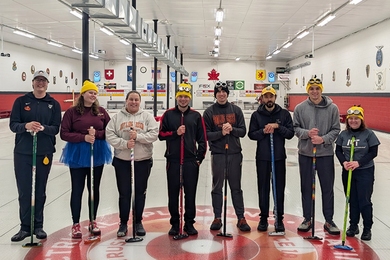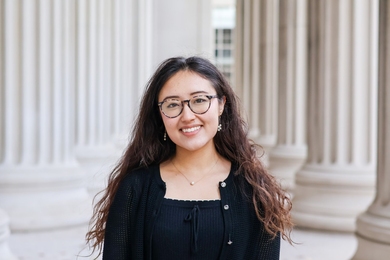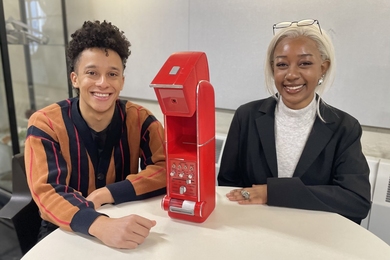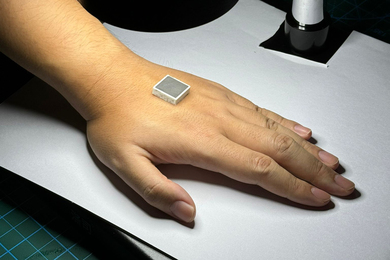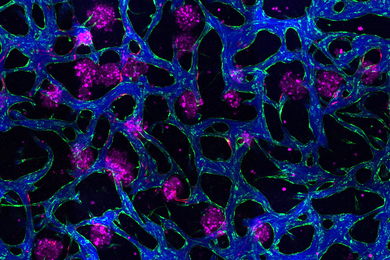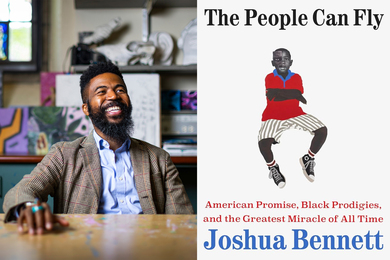Walter Alan Backofen, retired professor of metallurgy and materials science, died at his Marblehead home on Dec. 2. He was 80.
Backofen taught at MIT for 25 years, retiring in 1975. He designed new courses and a new laboratory and became recognized for bridging theory and practice over a wide range of real-life problems--from automotive stampings to orthopedic implants and the Star Wars defense shield.
A paper he wrote in 1964 on "superplasticity" identified the ability of metals, temporarily given a near nano-size grain structure, to behave like Silly Putty. That paper was recognized for its seminal influence on a now-burgeoning global industry at an International Conference on Superplasticity held in Chengdu, China, in June 2006.
Born in Rockville, Conn., on Dec. 8, 1925, he graduated as valedictorian from Rockville High School in June 1943, entered MIT within days, and soon enlisted in the U.S. Navy. In February 1946 he graduated from MIT with an ensign's commission and bachelor's degree in metallurgy.
By September 1946, he was back at MIT as a graduate student/instructor in the Department of Metallurgy. In 1950 he married Elizabeth (Lib) Wood Warren of Orange, Mass., and received his doctorate with an appointment as assistant professor in the Department of Metallurgy.
Backofen belonged to the American Institute of Mining and Metallurgical Engineers and the American Society for Metals and Materials, and was elected to membership in Tau Beta Pi and Sigma Xi. He was the first in his field to receive its three principal achievement awards: for teaching (Bradley Stoughton Award, 1958), research (Howe Medal, 1964) and professional leadership (Campbell Lecturer, 1973). He was a popular speaker in his profession and was a pioneering popular-science lecturer on live television for the fledgling Channel 2 of Boston's first broadcast from the roller skating rink across Mass. Ave. from MIT.
During a sabbatical at Dartmouth College, he wrote a book on his technical specialty, deformation processing, in a systems-analysis context that redefined an ancient field for modern times.
In partnership with his wife, he started Hill Farm, where they raised apples, blueberries and Christmas trees, in East Plainfield, N.H. They also ran an American art and antiques business and founded the Lord Timothy Dexter Press, devoted to exploring New Hampshire history.
He is survived by his wife; a brother, Albert H. Backofen of Greenfield, Mass.; and two foster sisters, Dolores Hoermann of Rockville, Conn., and Lois Shelly of Belleaire, Fla.
There will be no services. His ashes will be scattered at Hill Farm.
Contributions in his memory may be made to the Upper Valley Humane Society, 300 Old Route 10, Enfield, NH 03748, or the Dartmouth College Library System.
A version of this article appeared in MIT Tech Talk on February 7, 2007 (download PDF).
